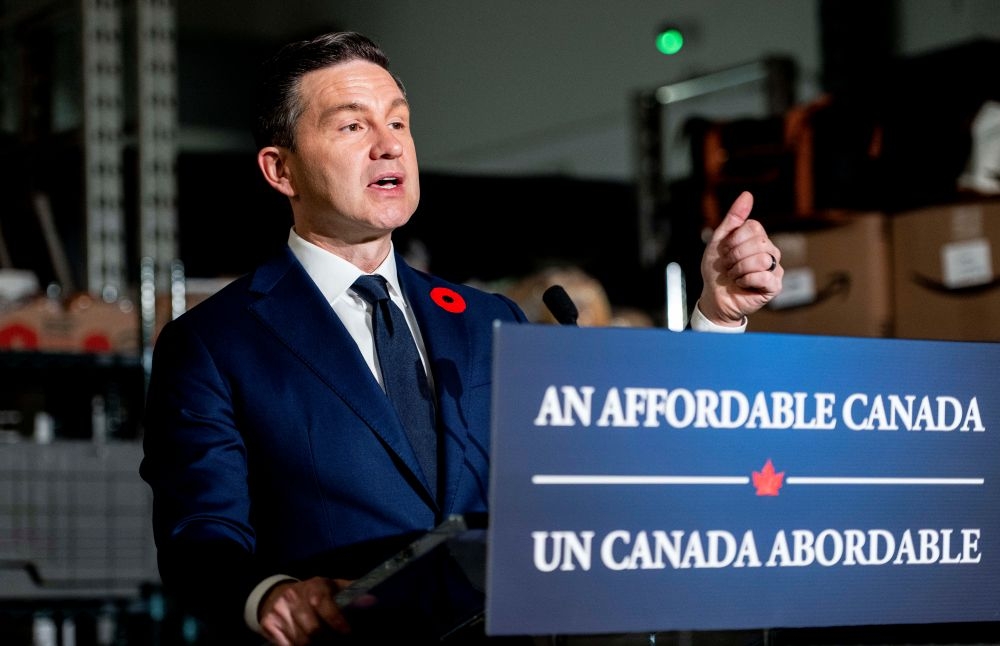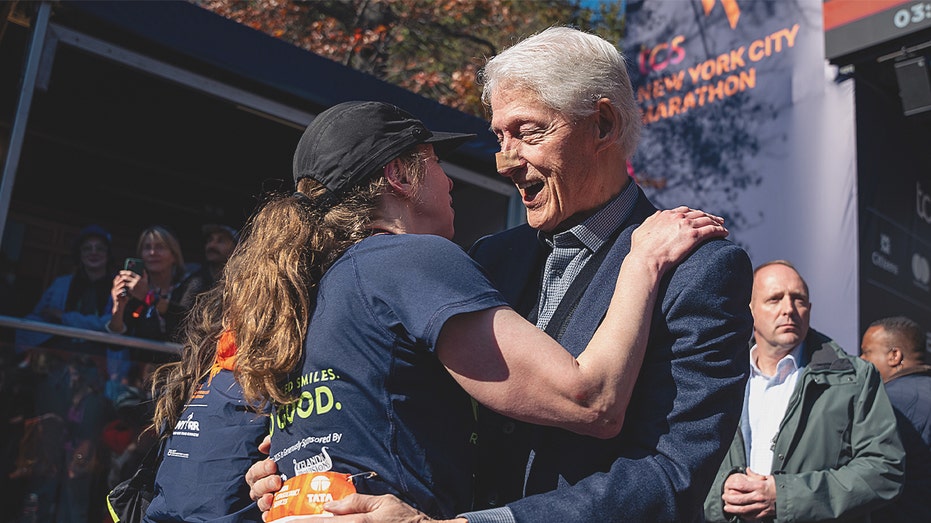A familiar question echoed through the halls of Canadian politics: are Canadians truly better off than they were ten years ago? Conservative Leader Pierre Poilievre posed this challenge, invoking the spirit of Ronald Reagan, as the nation approached a decade under Liberal leadership, now guided by Mark Carney.
The core of Poilievre’s argument centered on a perceived failure to deliver on promises. He pointed to initial pledges of modest deficits leading to substantial investments, contrasting that vision with the reality of a doubled national debt, soaring housing costs, and dramatically increased reliance on food banks.
Beyond these economic pressures, Poilievre highlighted a concerning trend in investment, noting a historic 11% decline – the steepest drop among G7 nations. This downturn, he argued, signaled a deeper malaise within the Canadian economy.

The prospect of a federal election loomed large, fueled by speculation on Parliament Hill. Poilievre dismissed the possibility as a deliberate distraction, accusing the Prime Minister and Carney of seeking to divert attention from unfulfilled commitments and a struggling economy.
He passionately stated his desire wasn’t for an election, but for a budget that addressed the affordability crisis gripping the nation. Poilievre drew a firm line, vowing opposition to any measures that would further inflate grocery prices or exacerbate the housing shortage.
Recent diplomatic missteps also drew Poilievre’s fire. He criticized Carney’s handling of a situation involving trade talks and a response to advertisements by Ontario’s Premier, characterizing the subsequent apology as a national embarrassment and a detriment to Canadian jobs.
Poilievre described repeated attempts to engage with Carney constructively, offering solutions to alleviate economic burdens. He specifically proposed eliminating the industrial carbon tax on key sectors like home building and agriculture, aiming to boost competitiveness and lower costs.
These overtures, according to Poilievre, were met with resistance. He claims the government intends to accelerate the carbon tax, potentially deepening Canada’s economic challenges and further hindering its ability to compete on the global stage.
Despite the perceived roadblocks, Poilievre extended an olive branch, emphasizing that there was still time for the government to reconsider its course. He urged Carney and the Liberals to abandon what he termed “costly, promise-breaking ways” and prioritize affordability for all Canadians.





